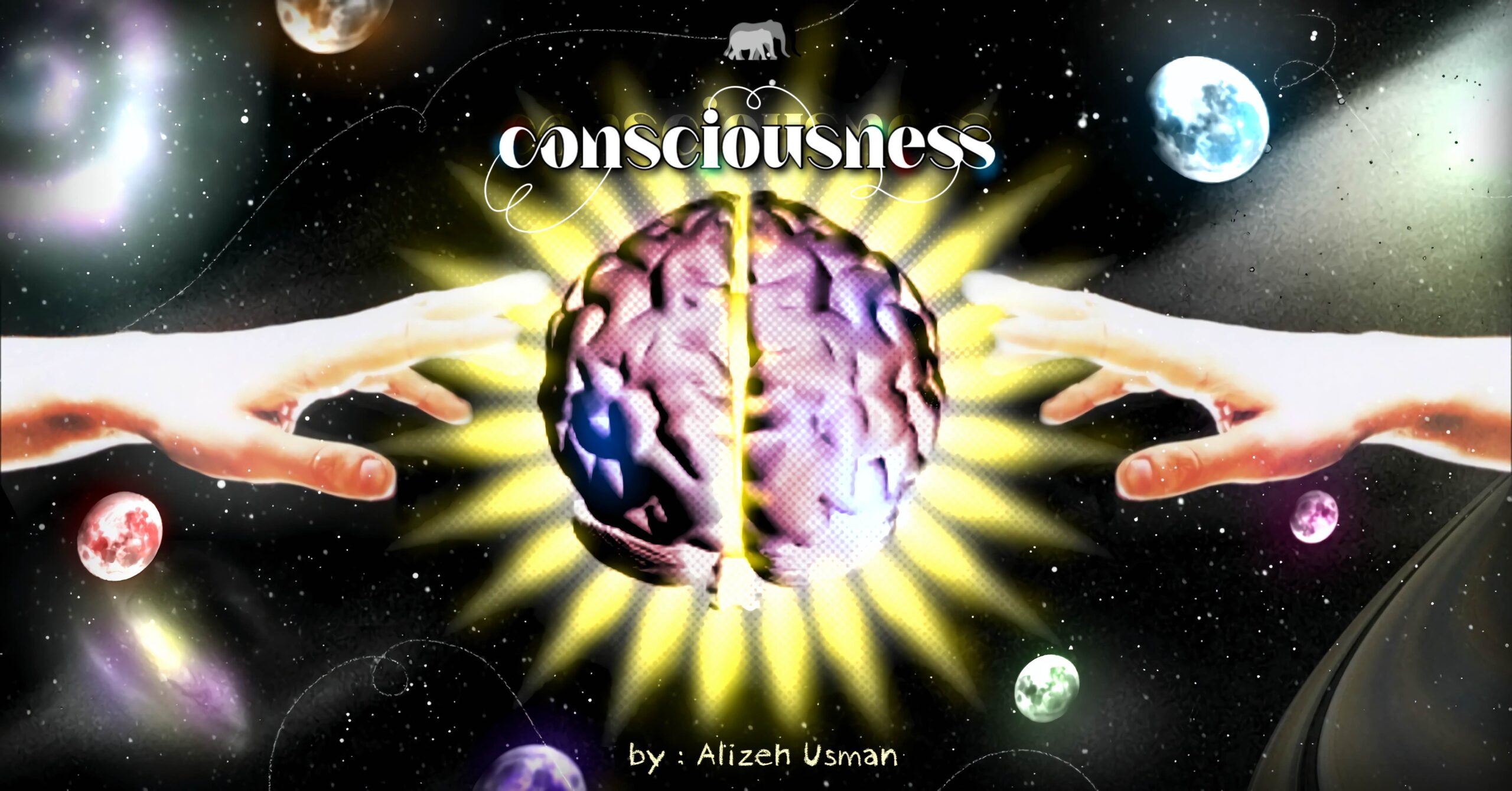Is our existence truly a physical phenomenon or just a form of energy? Are we existing in multiple states, dead or alive, in the tapestry of quantum superposition? Are we even real? Is time the fourth dimension? Most certainly, one can never run out of questions that will give you an existential crisis disconcerting enough to keep you awake at night. However, there is one question that remains conspicuous among the throng of others: Is consciousness a physical scientific system, or something that exists entirely in a spiritual plane? This is a heated debate, a conundrum that has engaged philosophers, scientists, and spiritual thinkers for centuries, and yet the answer remains an ambiguous mystery.
Philosophical perspectives
(Dualism, Materialism, and Panpsychism)
Philosophical perspectives propose several theories that elucidate the root of consciousness. Dualism, a theory believed by philosopher Rene Descartes, states that consciousness exists independently of the physical body as the mind and physical body are separate entities. As poets would say, loving thy body is different from loving thy soul. Whereas Panpsychism, on the other hand, is a theory implying that consciousness is a result of quantum processes and that all matter, down to subatomic particles, has some kind of consciousness.
If that has caused you to entertain thoughts about an oxygen molecule having a personality, or a piece of plastic having feelings, you are not too far off; however, the type of consciousness they’d possess would be incredibly minimal like existing, devoid of any thoughts or emotions. Hence, unfortunately, you can rid yourself of any ideas of befriending any oxygen molecules and should venture out to connect with humanity, actual conscious beings, instead. Intriguingly, there is one theory that intersects between the belief systems of both modern scientists and philosophers: Materialism. Physicalists present the idea of Materialism as consciousness being the product of neurochemical interactions and brain states, basically a physical scientific system—an idea that has been prone to many critical judgments. Critics highlight how the subjectivity of human perspective and sentiments have been unaccounted for in this theory. Just as our understanding of Einstein’s theories cannot explain why his hair looked electrocuted and why he never adopted a hair-care routine, abstract concepts like freedom, justice, and purpose cannot be explained through mere scientific processes. Neither can the diversity of human perspectives be reduced to such material explanations.
Scientific perspectives
(ORCH-OFF theory)
Scientific hypothesis mainly fixates on theories conjured by exploring brain regions or through the spectrums of the quantum universe. The ORCH-OFF theory, established by Penrose and Hameroff, for example, posits that consciousness doesn’t just emerge from the physical brain, but arises from quantum processes occurring in microtubules, tiny protein structures within neurons. These quantum processes might even be connected to the very structure of spacetime—meaning consciousness could be a fundamental property of the universe itself. While it sounds mind-boggling—consciousness as part of the quantum fabric of the space—it’s hard to test in a lab. After all, quantum mechanics is notorious for behaving peculiarly (like a certain physicist’s cat in a box) and, thus, universally this theory remains a proposition people are dubious to accept. In recent years, neuroscience continues to uncover more about how brain networks create conscious experiences, focusing on how brain regions communicate and integrate information.
Spiritual perspectives
(Vedantic philosophy and Unity perspective)
While scientific interpretations of consciousness often center on neurological mechanisms, spiritual perspectives linger on its expansive nature with the suggestion that consciousness transcends individual experience to encompass a collective awareness. According to Vedantic philosophy, consciousness is the very core of reality and that, instead of arising from the brain, the brain is simply tapping into this universal consciousness like a radio tuning into a frequency. Another key spiritual perspective is unity consciousness, which asserts that all beings are interconnected and integral to a larger whole.
It suggests that, at the most profound level, each individual consciousness is interwoven into a state of oneness. Meaning that whenever you vehemently despise a person, you are technically hating on a part of your own consciousness because, at the very core, you both are the same person, and so is the rest of the world. Whether that means you and a cockroach share the same consciousness is something we can neither confirm nor deny. At least, not until we are absolutely certain that insects and animals do not possess a similar kind of consciousness.
Who wins the never-ending war—philosophy or science?
While scientists lead the battlefield, there is ultimately still no emergent victor. All three forces stand defeated in the end, with no proper armor to defend their claims. The neuroscientific approach helps us in comprehending the brain’s role in conscious experiences, while spiritual and quantum theories urge us to entertain the possibility that consciousness exceeds the process of dancing neurons. Whether consciousness is a complex biological process, a quantum event, or a cosmic force intertwined with the universe remains a subject for critical thinkers to dwell on. With no definitive conclusion yet, this proceeds to be one of the most captivating enigmas humanity has ever faced.
By Alizeh Usman,
Writer (Team 2024-2025)

